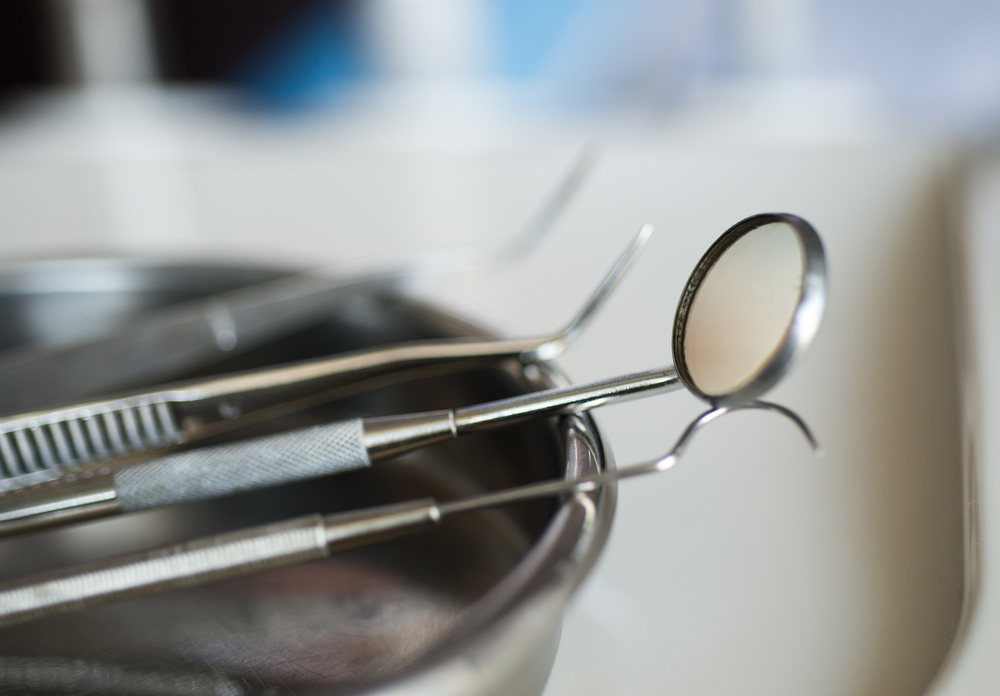
KAMLOOPS, B.C. — A British Columbia dental surgeon failed to properly monitor a young patient who went into cardiac arrest and suffered severe brain damage, the province’s regulatory authority for dentists has ruled.
A discipline panel of the College of Dental Surgeons of B.C. said in a written decision that Dr. Bobby Rishiraj provided deep sedation using three drugs without being approved to perform such a procedure.
The patient identified only as HZ went to the Kamloops Oral Surgery and Implant Centre in November 2012 to have her wisdom teeth removed, the college said.
It said that a monitor showed HZ was experiencing significant cardiac trouble but Rishiraj continued extracting a tooth and that even when he took action, it was inadequate for a patient who had no pulse.
A certified dental assistant asked if she should start CPR, and Rishiraj told her to go ahead while instructing another assistant to call 911 and bring in equipment so he could ventilate HZ. But she had trouble finding it, the decision said.
When it was located, it did not fit HZ properly and “he did not hook it up to an oxygen source” and did not administer the drug epinephrine, which was later given to the patient by ambulance attendants, the college said.
“The panel has concluded that Dr. Rishiraj failed to exercise the level of care, skill and knowledge of a competent practitioner in that he failed to recognize Ms. HZ’s cardiac arrest in a timely way and delayed resuscitative measures as a result,” the ruling said.
The ruling also said Rishiraj would leave a sedated patient in order to attend to another patient in his busy practice, where he performed five or six surgeries in a morning.
“Even his (certified dental assistant) cut corners in that she left a patient who was coming out of sedation to wash her instruments, presumably to prepare for the next surgery.”
The decision said Rishiraj was authorized to provide moderate sedation only. An expert witness told the panel that the dentist regularly administered a powerful combination of three drugs in rapid succession without waiting to observe their impact on a patient and making any necessary adjustments for weight and age, for example.
Rishiraj, who also works on call at Royal Inland Hospital in Kamloops, attended hearings and admitted that he was not operating his facility in compliance with required sedation and general anesthetic standards.
He continues to practise, with sedation limits imposed by the college, pending the outcome of a hearing that will determine a penalty.
The panel has yet to decide if Rishiraj also provided deep sedation to seven other patients.